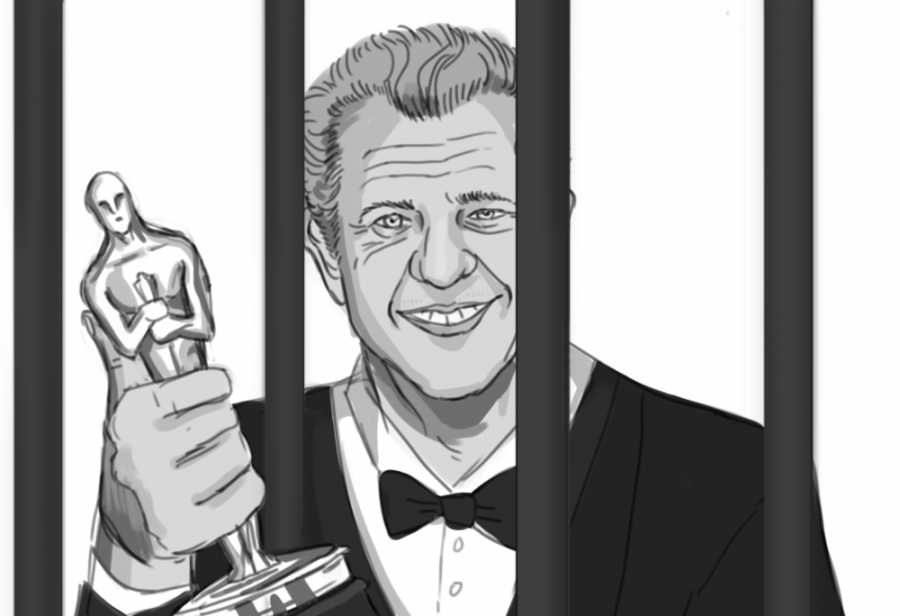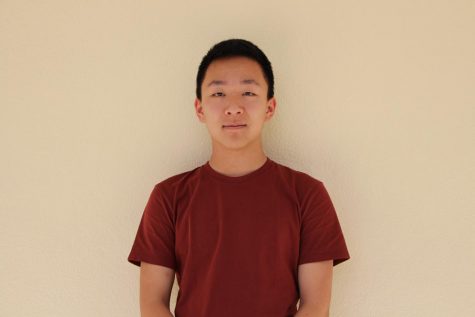Hold Celebrities Accountable: Stop Complicit Consumption
October 24, 2017
History is repeating itself with Harvey Weinstein’s recent scandal. Again, a successful Hollywood celebrity has stayed above the law for years. Victims’ testimonies are only now uncovering his acts of sexual assault.
Weinstein’s influence in Hollywood forced actresses to keep quiet. Even worse, news outlets sat on this story for months without breaking it. Fans who consume the art of celebrities like Weinstein are implicitly supporting them and the message they perpetuate. The only way to bring these celebrities to justice is for audiences to cut all ties.
Joseph Onfroy, known by rapper name XXXTentacion or X, exemplifies this growing problem. Onfroy is on trial for charges of sexual assault and battery — accusations that have caused his fame and success to grow.
X’s idolizing fanbase has long denied his girlfriend’s accusations, claiming she is spreading lies to benefit herself. It seems obvious, but fans often forget that admirable work does not equate to admirable character. It’s difficult for fans to come to terms with their idol’s faults, and their reluctance can drive crime-committing celebrities forward. There are two kinds of people who support celebrities accused of heinous crimes: those who idolize them and those who purposely ignore their faults.
These fans blindly support celebrities because it’s easier to ignore far-away accusations — audiences would rather turn a blind eye than confront issues. When coverage dies down, the celebrity makes a successful comeback with the support of ignorant audiences.
Given that so many students listen to X’s music, it’s important to ask: does supporting the art means that they are condoning the artist’s actions? The answer is both yes and no.
An artist and their are two separate entities entirely. An artist is capable of committing sexual assault and battery, but their art is merely an expression of creative skill. In a perfect world, fans could go enjoy the art without supporting the individual.
Artists always gain popularity and money because people consume their art, so whether they mean to or not, fans are directly contributing to their success, implicitly supporting them as people. An artist may not be their art, but their success is a very real part of who they are.
Success in spite of behavior is further bolstered by the entertainment industry. Take Mel Gibson as an example. When police arrested him on suspicion of driving under the influence in 2006, Gibson went on an anti-semitic rant at the arresting officer. More, Gibson’s ex-girlfriend accused him of spousal battery in 2011, to which pleaded no contest. In spite of his racist, homophobic and abusive behavior, Gibson received Hollywood’s most prestigious nomination for Best Director at the 2017 Academy Awards.
After flying under the radar for a few years, Hollywood accepted Gibson back into prominence — Gibson never faced any real consequences for his actions. While his name disappeared from the major box office titles for a time, Gibson is now back like nothing ever happened.
We need to rethink the way we treat celebrities, both in context of society and the law. Audiences shouldn’t idolize celebrities, and celebrities should not receive special legal privileges. Otherwise, we hold equality back for all members of society.






Howworth | Dec 8, 2021 at 10:06 pm
Thank you for this posting! Thanks for sharing this. I enjoyed reading about this celebrity based on your article. Nevertheless, you gain more than just knowledge when you read howworth. Excellent post, keep it up…